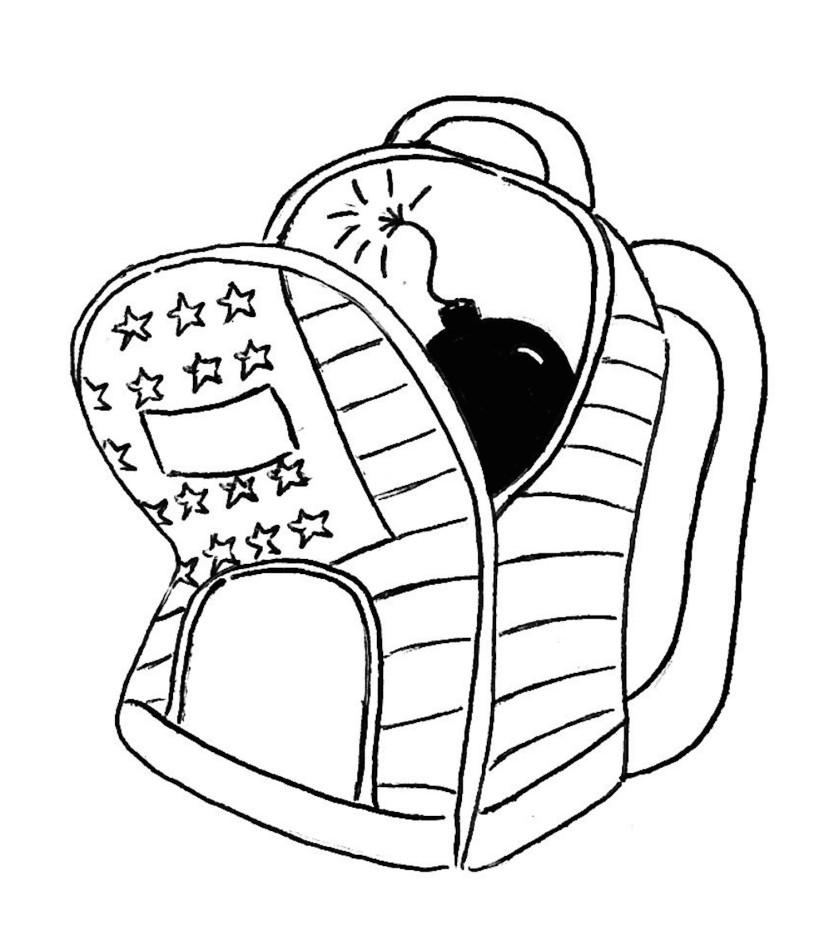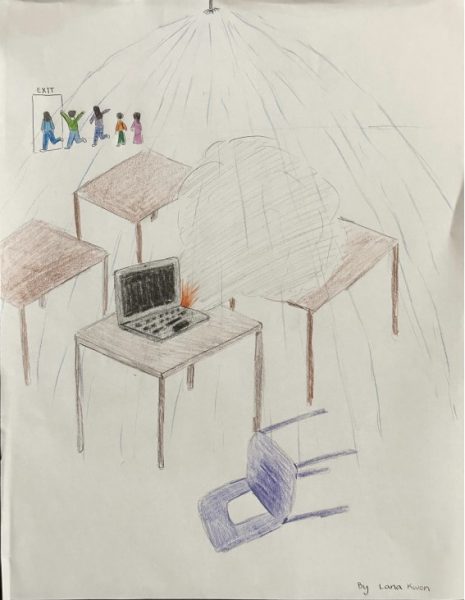A flight to discrimination
Airports are a place full of people experiencing a range of emotions – sadness because they have to leave to a foreign place, excitement over having new adventures in other parts of the world and, for many, fear of being detained due to racial profiling.
According to huffingtonpost.com, since the tragic events of Sept. 11, 2001, the Department of Homeland Security launched a campaign of “counterterrorism” that included increasing security screening at airports; the Transportation Security Administration (TSA) is the key force in implementing this enhanced security at airports, and this organization is notorious for its racial profiling screening policies.
There are roughly 60,000 TSA agents dispersed throughout 450 airports in the U.S., according cnn.com. Many of these employees have been involved in an almost endless number of controversies over using excessive force during pat-down searches and interrogations of passengers who seem to be Muslim, Arab or Middle-Eastern looking in general, even if they belong to none of these categories.
An example of one of these cases that gained a large amount of media attention back in 2010 was the story of a Sikh man named Amardeep Singh and his 18-month-old son, both of whom were detained and searched in an invasive pat-down manner until they were promptly released due to lack of evidence of any wrongdoing on their part, according to washingtonpost.com. It is clear that in this case, TSA agents harassed an innocent man based off assumptions that they made based on his religion and what he looked like, therefore perpetuating the harmful stereotyping that comes as a result of racial profiling.
The TSA uses ineffective strategies such the Screening of Passengers by Observation Technique (SPOT) that involves detaining passengers who exhibit nervous, anxious or seemingly suspicious behavior, according to washingpost.com. It is very ineffectual because people who fear being detained due to their physical appearances, including members of South Asian and Muslim communities, will undoubtedly show signs of anxiety when they feel they are being profiled despite their innocence.
And according to washingtontimes.com, of the 1.8 million people that the TSA screens each year using this technique, only a handful of arrests are successful in detaining passengers who are actually guilty of something; most of these arrests are based on drug related charges, not terrorism.
American citizens should be able to feel that their privacy is not being violated based on suspicions of their intentions due to their cultural identity; the practice of racial profiling at airports is wrong because it perpetuates the idea that it is acceptable to immediately perceive someone as a threat based on his or her ethnicity or religion, which is a gross element of outright discrimination.
Your donation will support the student journalists of Woodbridge High School. Your contribution will allow us to purchase equipment and cover our annual website hosting costs.

Hey, I'm Disha, your Arts & Entertainment Editor of the Golden Arrow for the 2014-2015 school year. This is my second year as an editor and third year...







